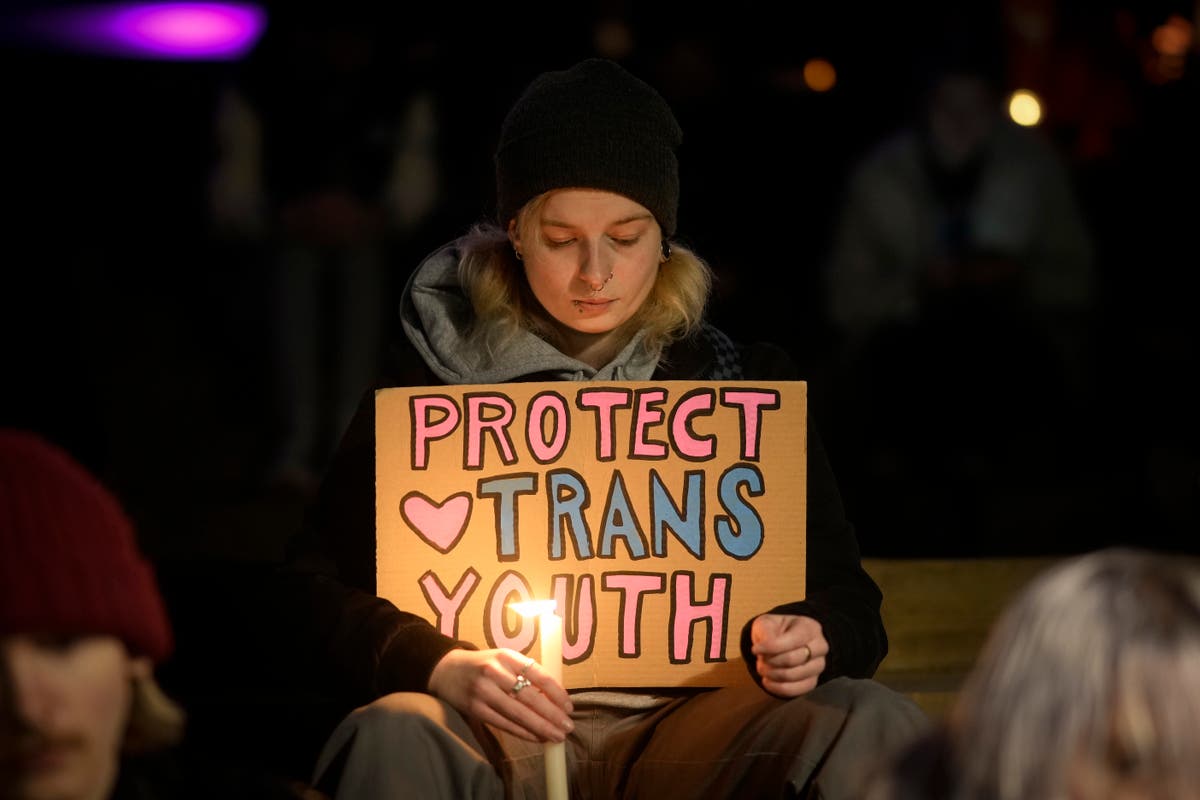
The Cass report on the NHS’s treatment of transgender and gender-queer children is generating significant discussion both online and offline. It’s featured prominently on the top websites of numerous publications. I found myself unexpectedly emotional, which isn’t a common occurrence for me, as I cautiously followed breakfast news, anticipating the debate and preparing myself for the perspectives of so-called “experts.”
I’m struck by how delicately most people are approaching the topic, refraining from sensationalizing it. However, I’m concerned about the attempts to rationalize why some young people desire to transition. There’s mention of autism, as if it could explain why individuals don’t conform to societal norms.
Why? I suppose, as individuals, we’re constantly trying to make sense of our beliefs and choices, interpreting them within our own frameworks. But why should their process of questioning and decision-making be any less valid than our own moral compasses, especially considering there are likely many autistic youths who identify with their chosen gender? Sometimes, maybe we should stop talking and just listen.
When asked to share, from a mother’s perspective, the issues surrounding the treatment of children and adolescents in gender identity support—and drawing on my own experiences as a mother (I have two older transgender sons)—I found myself overwhelmed with emotion. And I think I know why.
No one has ever asked me how I feel. Not really. People do, especially on social media, but I’ve mostly been hearing other people’s opinions, rarely those with lived experiences.
For years, I’ve had to shield myself from negativity to protect both my family and myself. I consider my children fortunate to have parents who have shown them nothing but love and support, as well as cousins and a large circle of friends who share our values. But I’ve also faced intrusive questions about my sons’ bodies.
Just because the transgender “debate” is being discussed publicly, does that mean others have the right to pry? No, it doesn’t. Would you ask about your family’s genitalia, breasts, or sex life, merely out of curiosity? No, I wouldn’t, because it’s private and I’d like to think I’m self-aware and considerate enough not to. Why don’t others afford my family the same respect?
I can attest to the “extraordinary toxicity” surrounding discussions of transgender rights in this region. The Cass review acknowledges this. I’ve witnessed it firsthand, across various platforms.
Then there’s the matter of free speech. I’m all for it; we should all support and defend the right to express our opinions. However, am I the only one who finds it deeply troubling and perplexing when people whom my family and I have admired in the past believe they have the right to stoke and provoke hatred against us, particularly among children?
Are these not educated individuals who understand the influence of their public statements? Where is their sense of responsibility? Do they not consider the well-being of others? They seem to harbor a lot of hate and anger and haven’t taken the time to get to know the broader transgender community, which has been a tremendous source of support for both my children and my parenting journey.
Don’t get me wrong—I’ve questioned my children countless times throughout this long, surprising, and sometimes difficult journey. We’ve had our disagreements and tears. I’ve set boundaries and insisted that neither of my sons start testosterone until they turned 18, despite their desire to begin sooner. They respected my decision. I wanted them to be certain, well-informed, and comfortable with their choices, so I delayed their testosterone treatment initially.
In the early days, I couldn’t help but blame myself: was it something I did during pregnancy? I even pressed healthcare professionals to explain whether their transition could have been triggered by my divorce from their father (by the way, my sons would say, “Don’t be ridiculous!”).
I suppose I was trying to arm them with the resilience they might need when faced with that dreaded question: “but why?” I wanted to help them construct an airtight argument because their lives are all too easy to pathologize. They’re often seen as “broken,” which is how they’re demonized.
Fortunately, I’ve since done a lot of learning. I’ve watched informative, thoroughly researched documentaries, and—most importantly—I’ve learned a great deal from conversing directly with my kids. They’ve challenged my assumptions and changed my perspective. I used to believe I was fully enlightened, but now I realize I’m still evolving and learning. I can only hope others will do the same.
Regarding the Cass report, we now understand that many young people have been let down. Dr. Hilary Cass made 32 recommendations, including advocating for a more systematic approach to gender transitioning. It’s undeniable that each individual child deserves more love and care. But I also have reservations.
For instance: in what context will this care be provided? Who will be making the decisions, asking questions, and showing compassion? What training will they receive? Will they have any lived experience? And how will these services be
delivered and funded? The NHS is already stretched thin, as public perception suggests. Today’s sobering data only reinforces that.
I’d like to believe there will be a genuine and sincere commitment to caring for each individual young person’s needs and acting in their best interests. Based on my experience as a parent of two wonderful transgender children, I’d even suggest engaging with transgender communities and organizations. They’ve been invaluable to us.
But above all, I want people to remember that these are children’s lives—and how vulnerable and crucial it is to be a teenager, let alone a teenager who’s transitioning. It’s up to all of us to be mindful, compassionate, and respectful at all times.
As for my family: it’s just us—and I wouldn’t have it any other way. They’re my children, and I wouldn’t change a thing about them.



